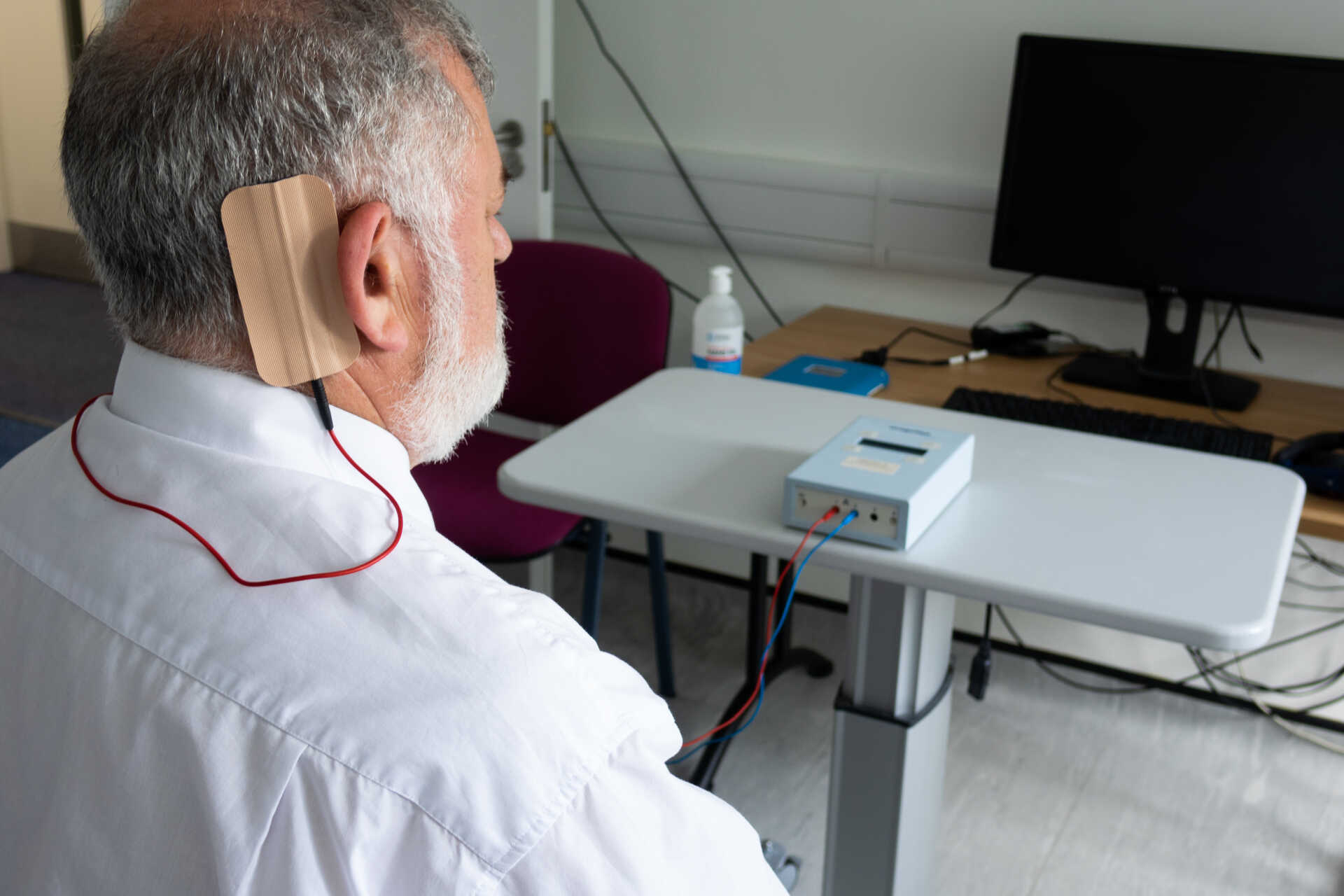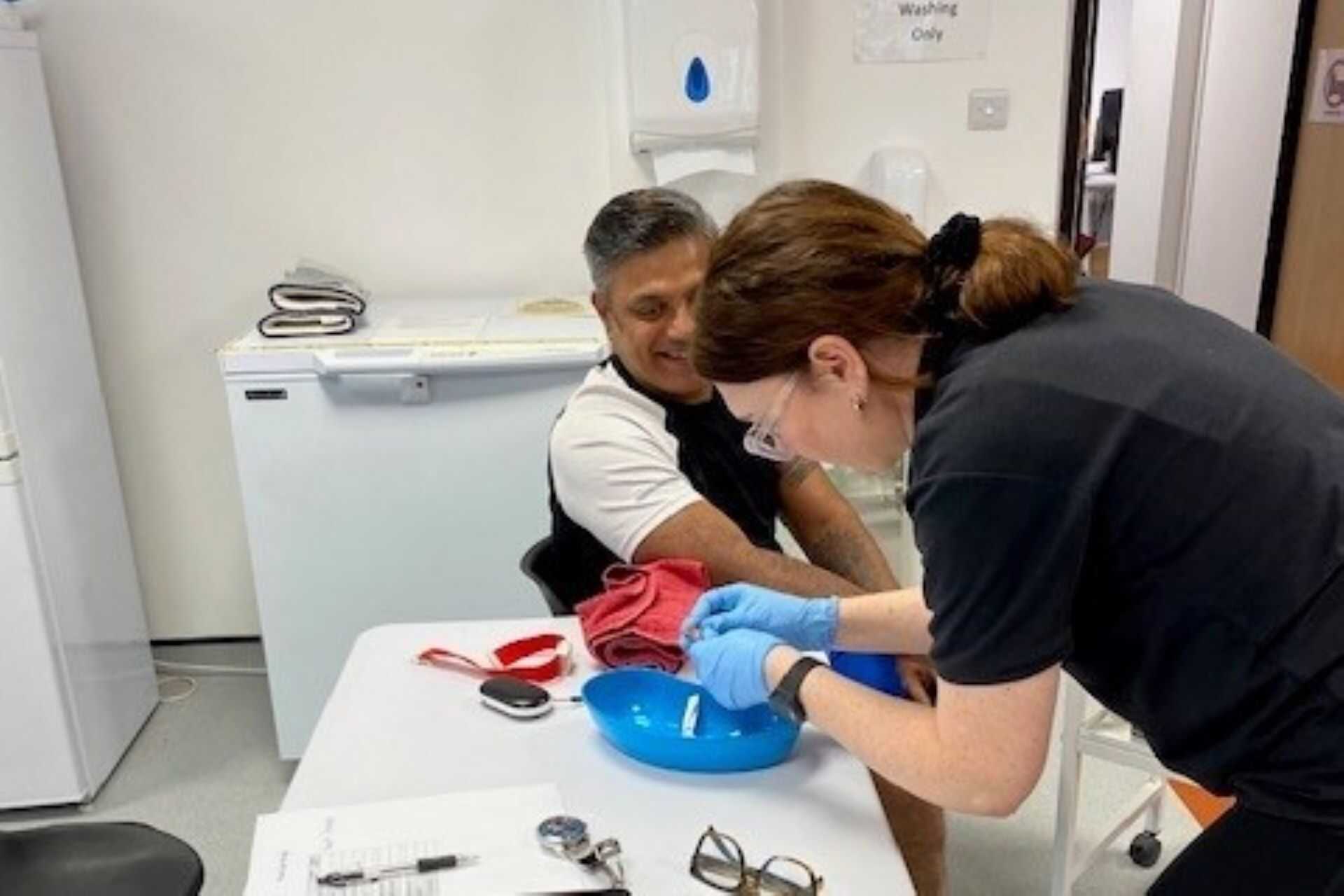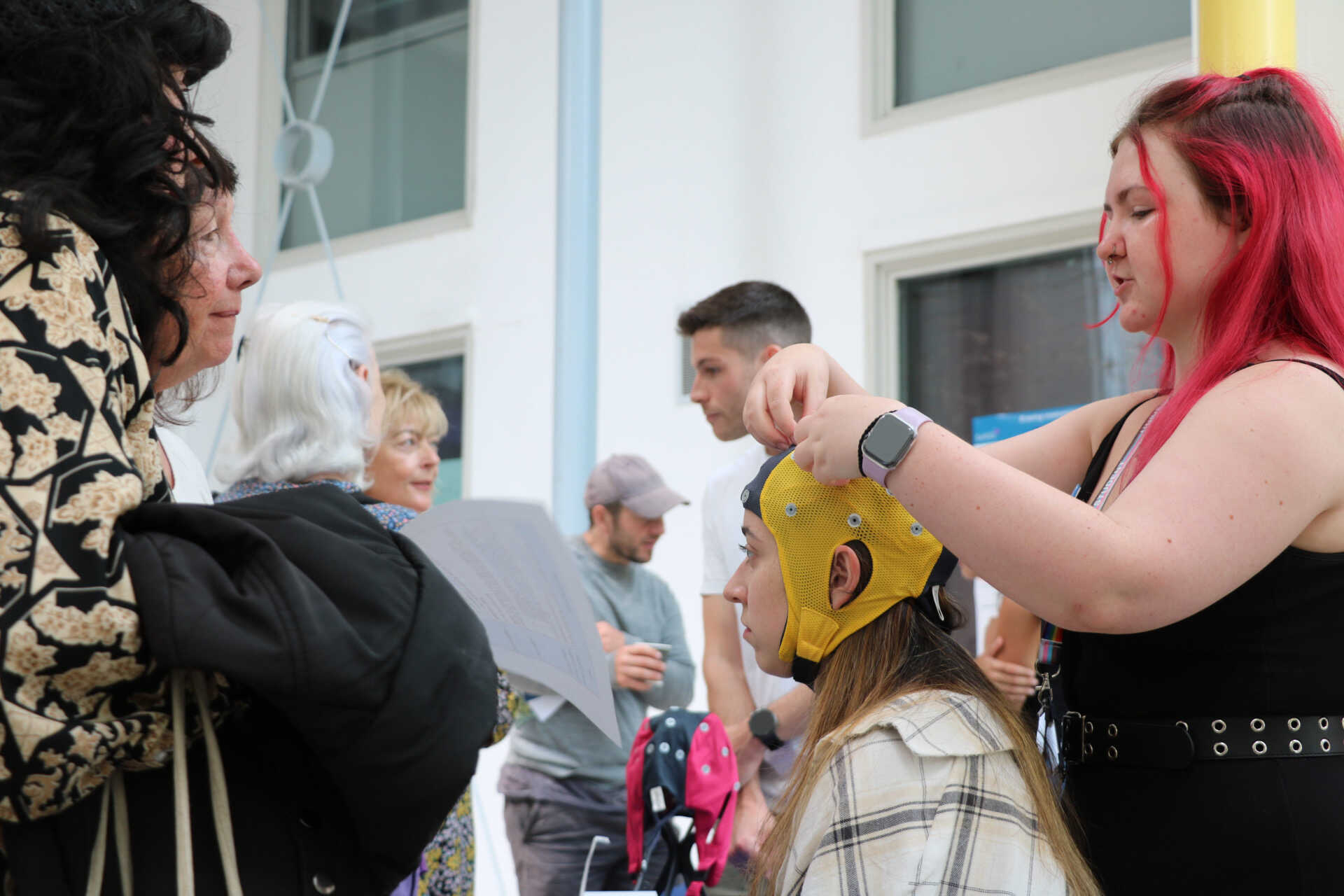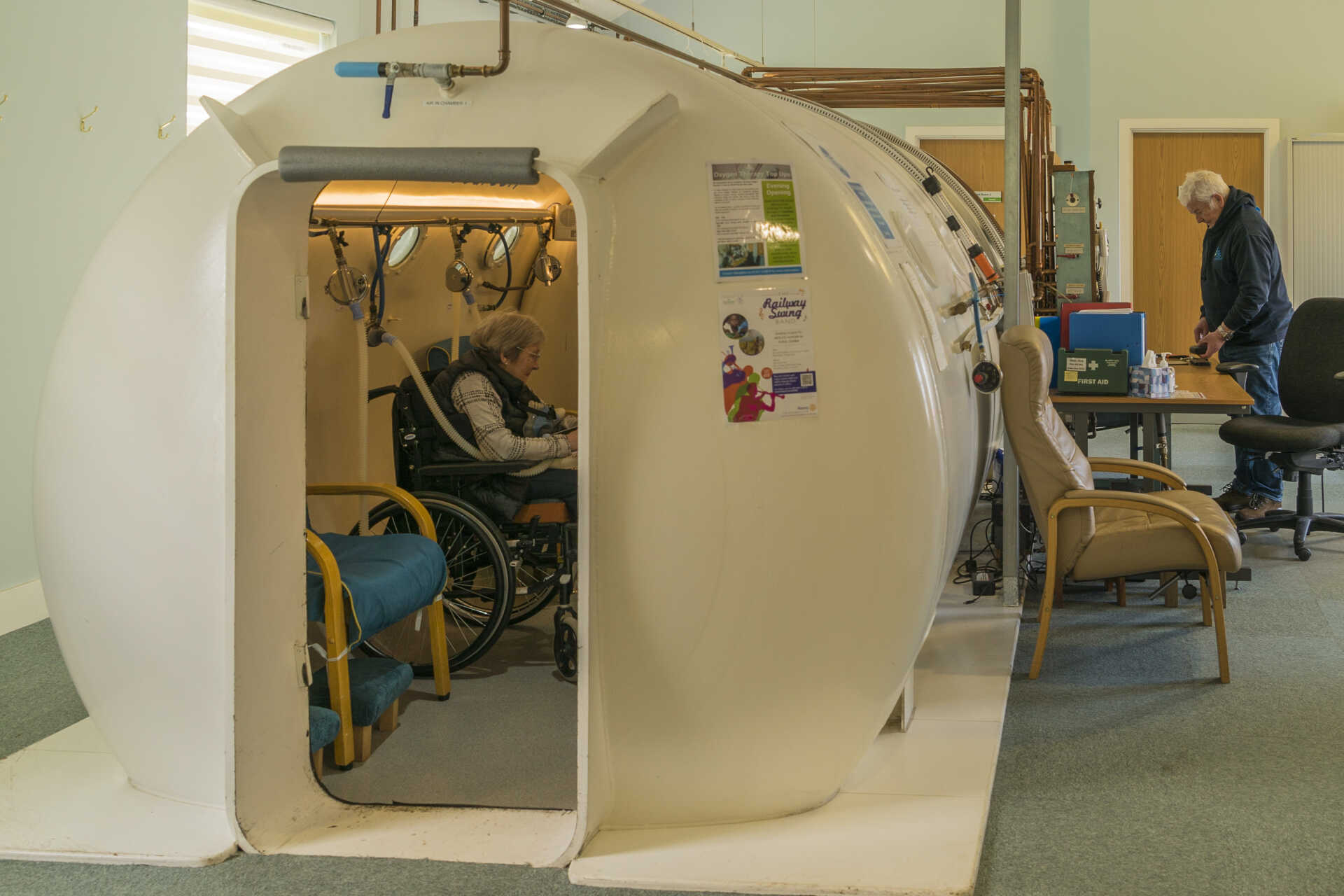
The Parkinson’s Centre will host cutting-edge research to better understand and treat Parkinson’s disease, and to continually improve our service.
The Centre utilises a digital health platform solution to capture clinical data including clinical notes from therapists, self-reported questionnaires from members and their families, and objective assessments administered by healthcare professionals. Our privacy policy explains how we use and protect any personal information that you give us.

A range of non-pharmacological therapies can help manage Parkinson’s symptoms. However, these therapies are rarely offered in combination. Often these are provided by different services, across separate locations, and at different stages in the care pathway.
At the Parkinson’s Centre for Integrated Therapy, we will explore the inter-dependencies of these different treatment to determine how best they should be combined and in what measure. We aim to produce a set of ‘rehabilitation prescriptions’ that comprise the best non-drug therapy combinations.

Non-invasive neuro-stimulation is a method by which abnormal patterns of activity in the brain can be altered. In some cases, there is evidence that this alteration is beneficial. There are a number of types of stimulation but many involve the application of gentle electric, thermal, or magnetic currents to the scalp. The currents are applied by small, portable devices and are often battery-powered.
A long-standing programme of research by Professor David Wilkinson has shown that the application of these currents is associated with a lasting reduction in both motor and non-motor features of Parkinson’s disease.
This experimental technique is available at the Centre and members will be invited to volunteer for on-going clinical trials aimed at readying the treatment for clinical adoption.
More information about the techniques can be found in this recent research article.

Resource limitations within the NHS have prompted interest in the development of brief psychological interventions (BPIs). These are shortened versions of established psychological interventions, often delivered by a para-professionals.
Cognitive behavioural therapy-based BPIs for anxiety and depression have been found to be helpful for people with mild to moderate mental health difficulties. However, BPIs have yet to be properly tested in Parkinson’s disease.
We are working at the Centre with a clinical psychologist who has pioneered the development and introduction of BPIs to further assess their impact and benefit.